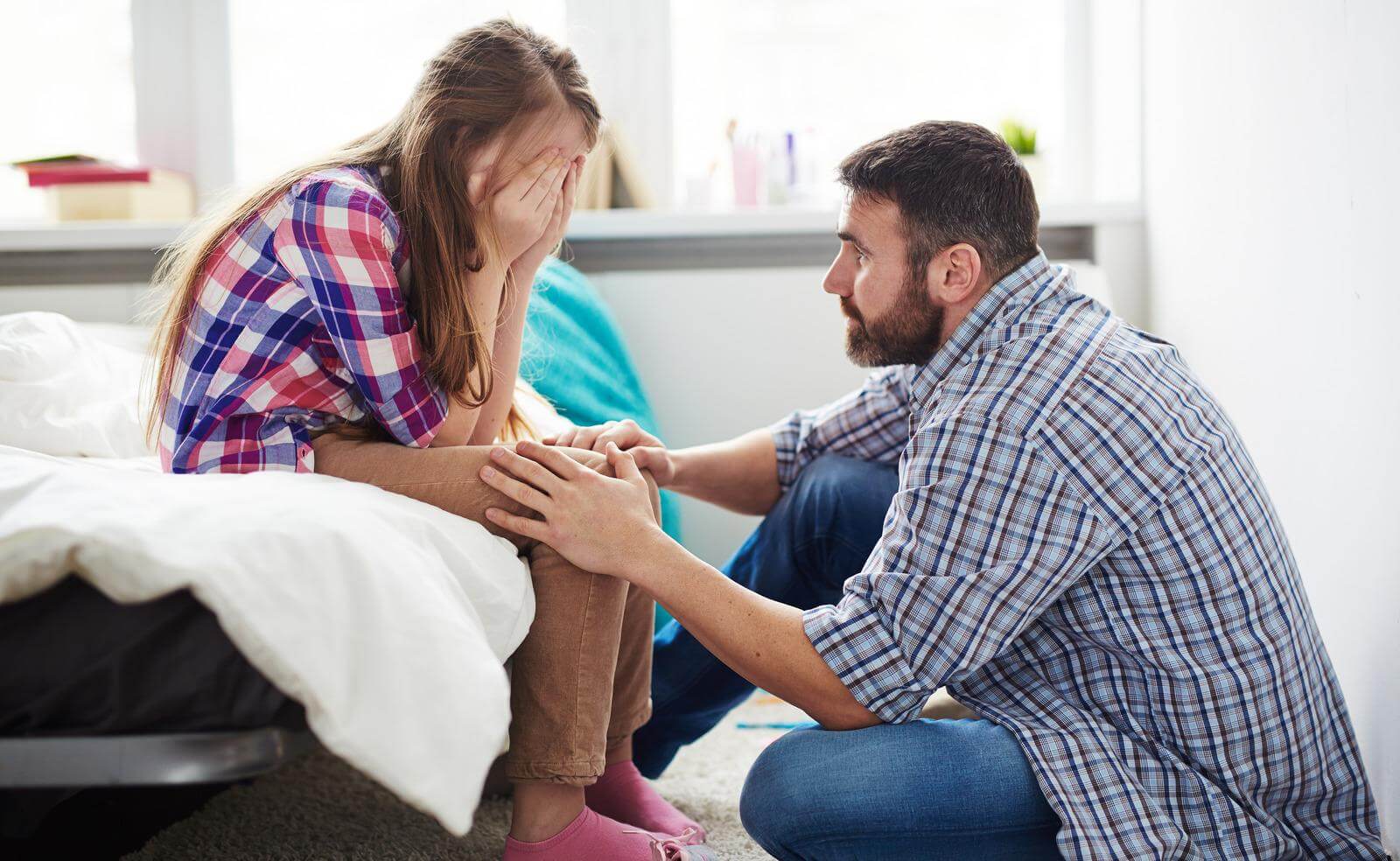Supporting children through bereavement and Covid-19 losses
Covid-19 has disrupted everybody’s lives in some way or another, and the death of a loved one can have a disruptive impact on our wellbeing. Children can experience death and losses differently to adults, which is why our blog this week focuses on the support we can provide our children during these difficult times.
Loss and grief are terms often used interchangeably, however loss can be described as something that is temporary, such as things that may return (routines pre pandemic etc). On the other hand, grief is more of a permanent experience, and can be a lengthier process.
How do children feel grief and loss differently to adults?
Children and young people have a limited ability to put feelings and thoughts into words and tend to show feelings with behaviours rather than words. Reactions will vary greatly as children absorb and process information in different ways at different ages. *
Children under the age of 5 can become confused, as they may not yet be at the stage of understanding death itself, or in particular that it is such a permanent thing. It becomes difficult for them to adapt to such a dramatic change, without fully understanding the reason for it. **
For children between the ages of 6 and 11 they are often eager for an explanation, usually in search of answers as to what has caused them to feel this way, and why that person they loved is no longer around. This can be especially difficult for parents, as they’re dealing with their own grief, but want to ease the burden on their child too. You may find that some answers are easier to provide than others.
For adolescents this can be even trickier, as teens generally feel emotions more intensely. This is an expected reaction, and it’s important to reassure your teenager that what they are experiencing is completely understandable and normal.
What can you do to support your child?
It’s important to be empathic and honest with your child, regardless of their age. It’s particularly important to be as clear as possible with younger children. Not only do they deserve a clear explanation, but euphemisms can confuse a child, so this is best avoided. Telling a child that the family has ‘lost’ someone is an example of this. What we can say instead, are phrases such as ‘I have some sad news to share with you. Your *grandmother* has died which means that her body has stopped working and we won’t see her again.’
This may sound direct, which can be difficult for parents to comprehend, but being honest and transparent in your approach with your child is the best form of communication.
Additionally:-
- The more you’re able to keep stability and routine with your child, the more time it gives them to understand changes
- Being available to listen, when they are ready to talk, even going for a walk to ease the pressure of face to face communication will help them to process the loss
- Understand your child’s emotional state. It’s normal for intense sadness to come and go, but familiarising yourself with how to recognise negative coping mechanisms such as poor self-care, substance misuse and emotional withdrawal can be a signal for getting your child other support
- Further support is available for your child, teenager or yourself, from a highly qualified therapist. You can contact the referrals team on 01483 917000, or send an enquiry through our webform here
Reference
** How parents can support their child through COVID-19 losses | UNICEF
*https://www.childbereavementuk.org/supporting-bereaved-children-and-young-people

